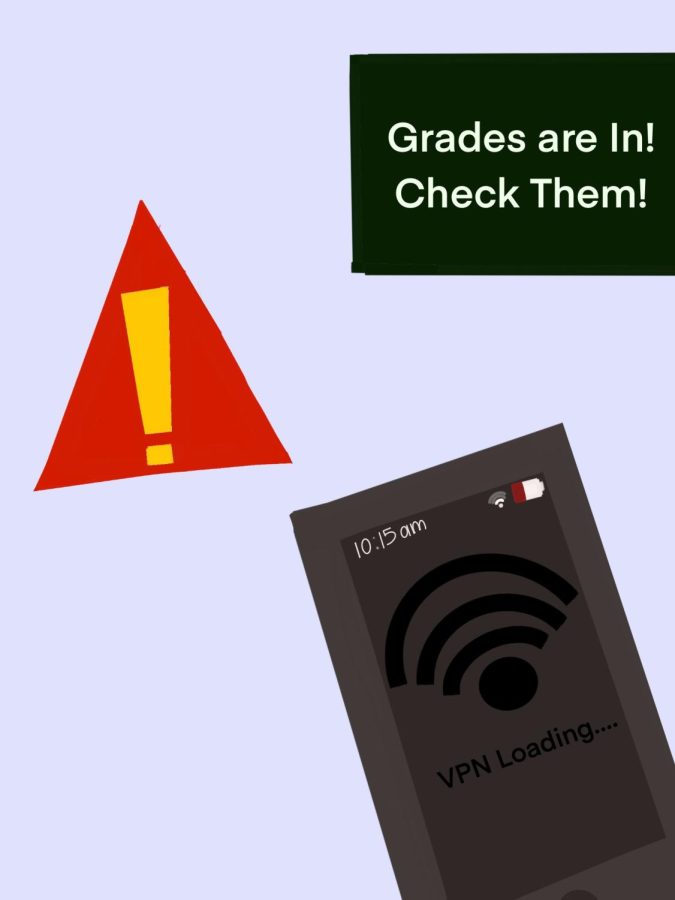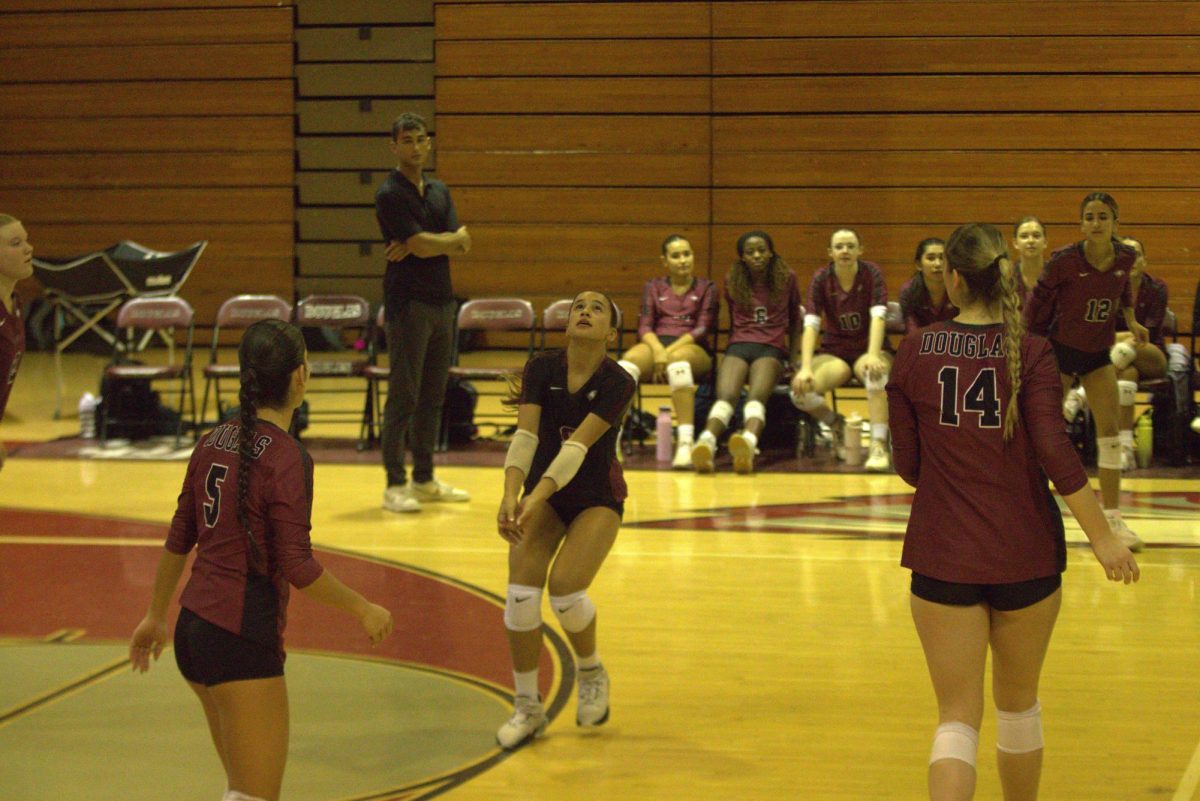[Opinion] The use of VPNs on campus is necessary
During class hours, students often need to use their phones to access grades or do online assignments using Canvas. Currently, some students find that the school wifi if not able to support this without a VPN.
February 8, 2023
On Monday, Jan. 30, Marjory Stoneman Douglas High School issued a Canvas announcement about student usage of personal virtual private networks (VPNs) on campus. The announcement reminded all students that usage of VPNs on campus for all district resources is not in compliance with Broward School Board policy.
The notification stated as follows, “Personal VPNs are not allowed to be used to access District resources such as, but not limited to: Clever, Canvas, Pinnacle and Microsoft Teams.” If these District sources are being used through VPNs consequences and disciplinary action will be taken if students are found using VPNs against proper conduct. Students were asked to ensure their VPNs are off when using these district resources.
VPNs work by shielding and encrypting your Internet Protocol (IP) address and rerouting it directly to a secure network server, usually that of the VPN service providers. It essentially protects the IP address and speeds up internet connection by rerouting it to a secure location instead of a traditional server shared by various users.
The main assumption for why VPNs are not being permitted for use in district resources is that VPNs block the ability of the school’s network to personally identify the device and its user, which is not ideal since the school cannot see who is accessing something online and what that may be exactly. As well as the VPNs can bypass any significant school network restrictions.
The key issue with this notice issued is that the school WiFi at MSD is spotty on mobile phones, and most students cannot receive proper signal with the WiFi as well as with the cellular data provided on their phone. Leaving them to resort to the VPN to access school resources as well as anything not accessible to them.
So VPNs that can easily be installed on mobile phones are students’ easiest solution to combating unstable internet connection throughout campus. Although the notice is issued against the use of VPNs for District-wide resources only, students still need quick accessibility to these resources.
Not all students have unlimited data plans or laptops they can bring to school to connect to the school WiFi, and some maybe even prefer to use their cell phones. Banning the option to use VPNs at all for school resources puts students at a disadvantage.
Students most definitely should be given the opportunity to use their phones to do work if need be, but without VPNs, they may not be able to, especially in study halls or in their classes that don’t have laptop carts.
The district should not have the authority to ban the use of VPNs for educational purposes like accessing Canvas or Pinnacle because it creates unnecessary barriers for students who may not access the same resources other students have at hand. This policy is ignorant of the various educational reasons, purposes and uses that VPNs are utilized on campus by students, such as to access grades, assignments, contact guidance or teachers or complete work.
To remove that option entirely jeopardizes students who heavily rely on these networks for connection. Banning VPNs for personal uses like watching movies or scrolling through social media is much more understandable than for educational purposes. However, it is still unsure how the school can determine who is or isn’t accessing the VPNs for district sources and the specific consequences that can follow. The policy should be revised, as it places students at a disadvantage.










